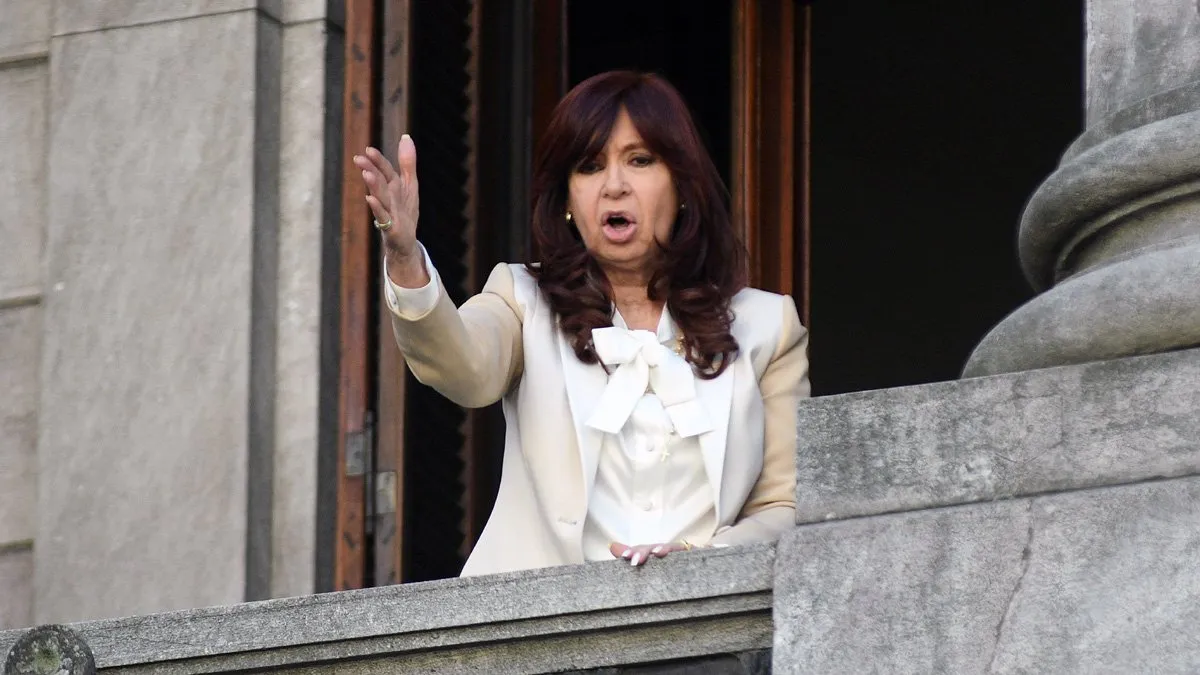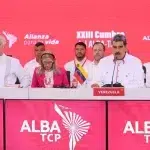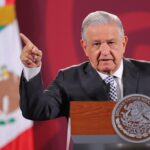
Cristina Fernández de Kirchner greeting hundreds of supporters who gathered in front of the Senate to support her against the political-judicial persecution that aims to disqualify her from running as presidential candidate in 2023. Photo: Urgente24.





